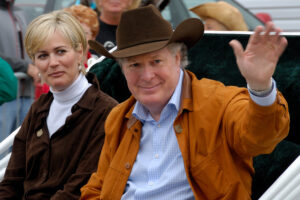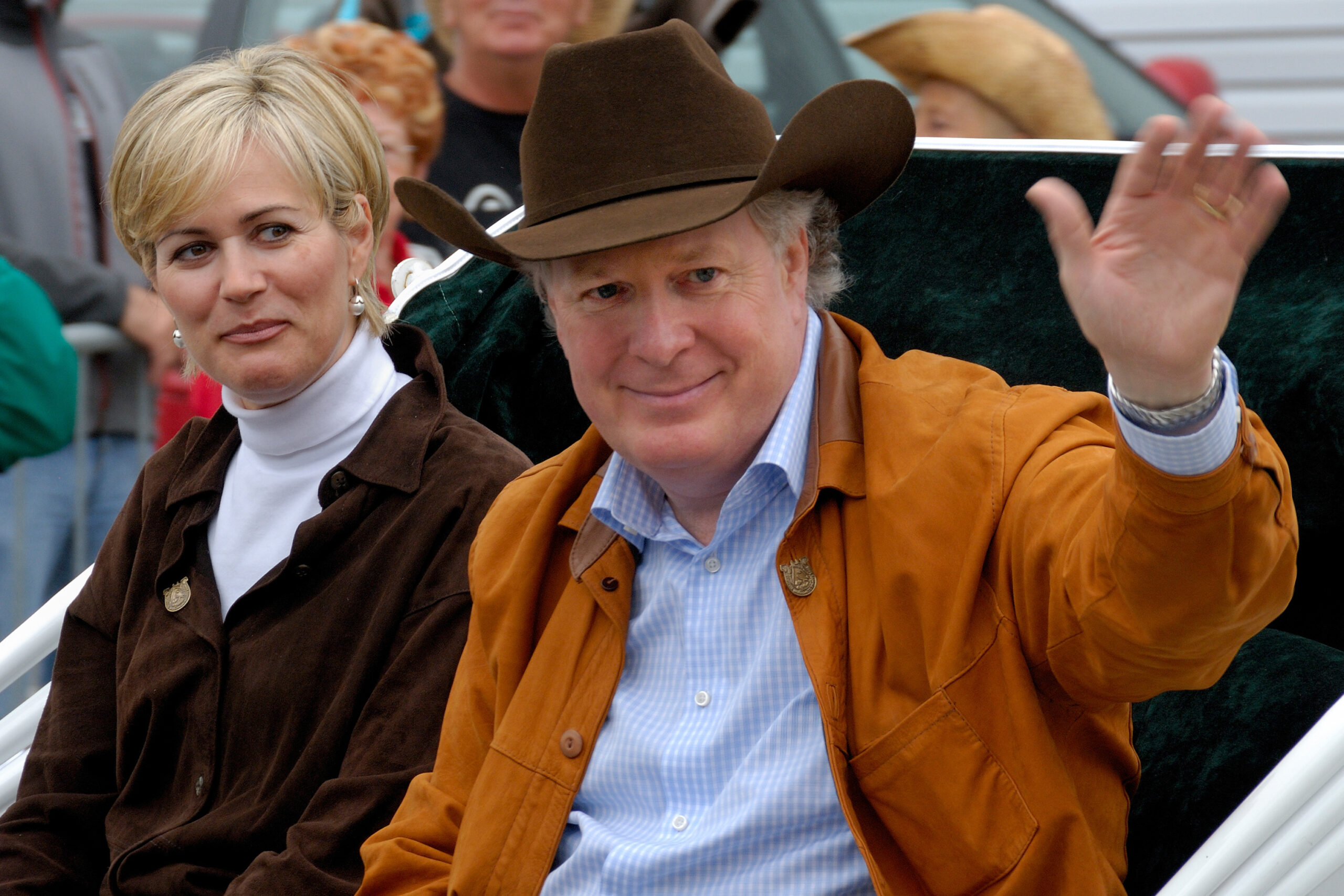Jean Charest possible alternative to Pierre Poilievre

TORONTO – He left active politics almost a decade ago, but in the coming weeks he could become the most credible alternative to Pierre Poilievre. The name of Jean Charest cyclically returns to be brought up every time the Canadian right has to give itself a guide. It had already happened in 2017, after the step back of Stephen Harper and the investiture of the former president of the House of Commons Andrew Scheer, it was repeated in 2020 in that leadership that ended with the victory of Erin O’Toole. History is bound to repeat itself even now, after the Conservative Party’s parliamentary group gave O’Toole the green light by laying the groundwork for the new right-wing leadership race.
Charest, in fact, abandoned active politics in 2012, when as outgoing prime minister of Quebec – in the ranks of the Liberal Party – he suffered a crushing defeat at the polls that brought Pauline Marois and the Parti Quebecois to power.
Charest’s political resumé is of all importance: prime minister of Quebec from 2003 to 2012, former leader of the federal Progressive Conservative Party from 1995 to 1998, in his curriculum vitae we also find some government experiences as Minister of Environment and Industry and – but only for a few months – deputy prime minister of Canada.
Of course, political history could make many hard-and-pure conservatives turn up their noses, simply because Charest changed party shirts more than once, becoming the right-wing liberal or the moderate conservative depending on the occasion.
Now, his name has been brought up once again, almost a desperate gesture to stop the triumphal march destined to bring Poilievre to the leadership of the party. Alain Rayes, a Conservative MP and until a few days ago lieutenant for Quebec in O’Toole’s entourage, is trying to put pressure on the former premier of the French-speaking province.
“He is a political machine – said the MP – an exceptional speaker who knows Quebec and who, from my point of view, would be a formidable opponent of Justin Trudeau. But the real question is another: Is Charest going to run?”
At first glance, the one prepared by Rayes seems to be a move studied at the table to see if any leading personality of the party will declare themselves ready to support Charest.
Within the complex and varied Canadian conservative galaxy, in fact, there are those who fear that the Poilievre-led party is destined to move too dangerously to the right and would therefore be looking for an alternative to Carleton’s parliamentarian, who has already announced his intention to run.
It is difficult to understand if the bogeyman of possible weight loss in Quebec – flashed by Rayes himself – can really worry the conservative ruling class. You can win the election even without breaking through in Quebe: a lesson taught to the country by Stephen Harper in 2011, when the Conservatives won an absolute majority of deputies by winning only in five districts in the French-speaking province, which instead saw the resounding triumph of the orange wave of Jack Layton’s NDP.



